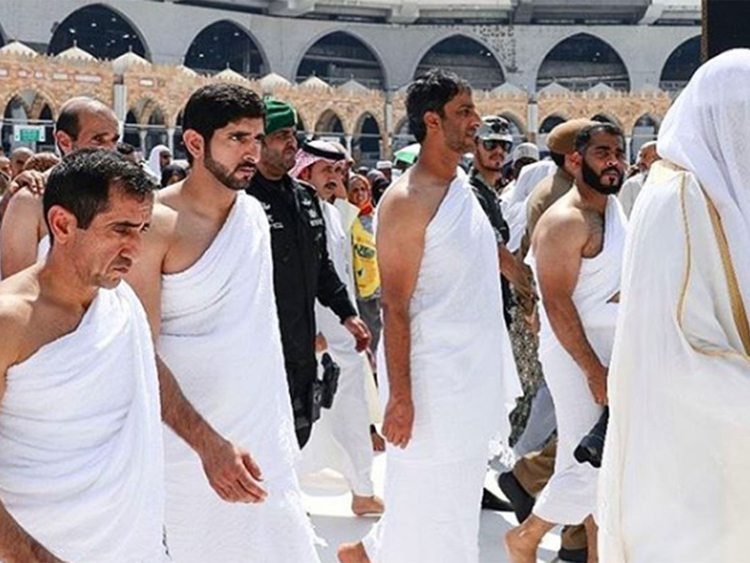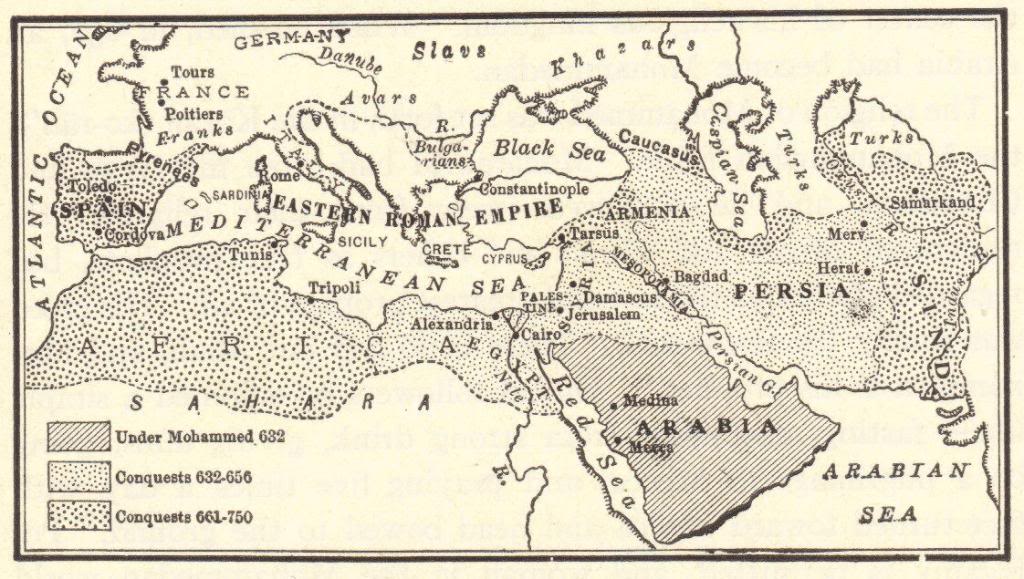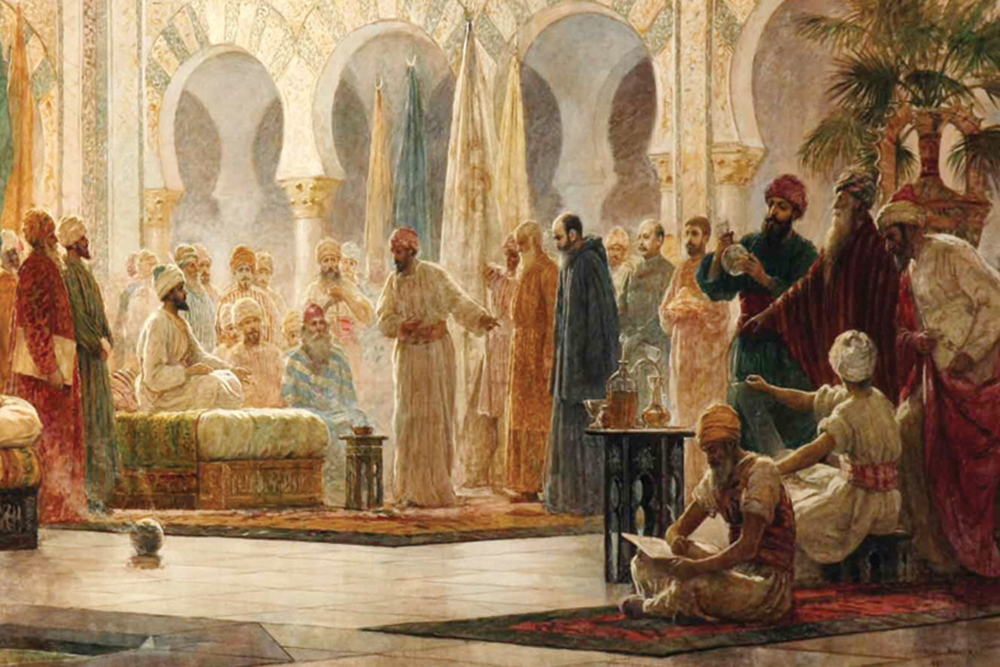Masa, MBS, And The Broader Investment Climate
From my home village in the southeast of Nepal, you had to go to the best school in the country, then come to the US for college. That was one route. Another route people started taking about a decade or so after I had left. It is hard to imagine there being no jobs. But there are literally no jobs. Either you languish and sow paddy in paddy season, and sit around for months, cashless, or you look for a way out. These were people who never went to school. A generation ago they would go to the Indian state of Punjab during rice harvesting season. When they would come back they might have a transistor radio or a wristwatch. That is how they stood out. Now people go to the gulf. Imagine, no education, not even airfare money. You take shark rate loans locally and fly over to work. For most people, it has worked very, very well. People who used to live in mud homes have now built brick homes. (Let me point out, I am a huge fan of mud huts: they stay cool in summer and warm in winter; they are wisdom). They send their kids to school. To meet the demand, several private schools have opened in the village. One generation ago these same people used to be lectured about how they should be sending their kids to school. If they were smart, they would send their kids to school. Ends up they knew that all along. They just did not have the money for it. Now they do.
This I speak from firsthand knowledge. These are people who sometimes call me on Facebook Messenger. I might know their parents. When they go home every few years, they post pictures of the village on Facebook. A few super educated might have gone to the US, precisely four so far. And the government has done quite literally nothing for them. There is a non-existent private sector. Gulf has been their way out.
And now even the educated go. I know engineers from my hometown who have gone to this Gulf country or another and make US-style salaries. I personally do not know of one story of someone I personally know for whom the experience ended up being a tragedy.
But I do read the news. At the Kathmandu airport, it is estimated every day about a dozen caskets show up. These might be people who died in construction accidents, things like that.
Below is an Oscar-nominated movie about a worker from the mountains in India dying in a construction accident in Delhi. The lead actor happens to be a Muslim. He might be among the five finest actors performing anywhere today. Siddiqui.
Only until a few years ago, the Nepali community in the US was small enough and tight knit enough that if a Nepali died in a car accident somewhere, that would make news in the Nepali newspapers in the US. If someone working at a gas station was shot and killed during an armed robbery, that would make news.
Nepalis in New York City routinely live a dozen to an apartment. Not all of them, and not most of them, but many do. They work below minimum wage jobs, they work seven days a week, 14-16 hours a day. They choose to. They want to maximize hours, minimize expenses, and save. Many of them want to be able to build a house in Kathmandu.
There is accusation a million Uighurs have been detained by the Chinese in Xinjiang. And I disapprove. But one also has to look at the incarceration epidemic in the United States. It is like Abraham Lincoln never abolished slavery. Marijuana is by now legal in many parts of the US. But millions of African-Americans are behind bars because a few ounces of marijuana was found in their possession.
I do not feel fear. I think. I observe. I express myself. But I also think one has to be fair and balanced.
An interesting thing in this video is where Richard Branson, a legendary entrepreneur, says about the ruler of Dubai's CEO abilities, "He is way ahead of me!" I make note of that. You can argue the Sheikh was born with a silver spoon in his mouth (or maybe in his case even gold), and Richard Branson was not, but today Richard Branson is not lacking for resources, he has not for a while now.
One can have one's thoughts about this or that political system, but it is also possible to ask, what has been the Dubai Sheikh's ability to execute as the Chief Executive of this remarkable city?
In 50 years Dubai has been transformed like no city in America, or even China. But I think it is now at a transition point almost as momentous as that which it faced 30 or 50 years ago. Dubai today is having to ask some fundamental questions.
Earlier in the day I chanced upon the Instagram account of the Crown Prince of Dubai who I was not even aware of just yesterday. And I am thinking this happens to be a remarkable human being. He has a good heart. Kids love him. Animals love him. The Sheikh of Dubai has done a good job raising this son of his.
Remittance has done more for global poverty than aid or trade.
This was my favorite.
I have a high school teacher who lives in Dubai. Maybe two. Hello Robert, is Salim with you?
In case you are wondering why I have been posting pictures of Dubai (found through Google Images), an investor in Bahrain is right now actively looking into investing in my real estate tech startup. If they make the move, I see myself making a trip to Dubai. And so.
South Asians Working In The Gulf https://t.co/oPUxXDNSiz @HamdanMohammed @HHShkMohd @MaktoumMohammed— Paramendra Kumar Bhagat (@paramendra) October 2, 2019
Dubai: Videos (1)
Dubai: Photos (4)
Dubai: Photos (3)
Masa, MBS, And The Broader Investment Climate
Dubai: Photos (2)
Dubai: Photos (1)




